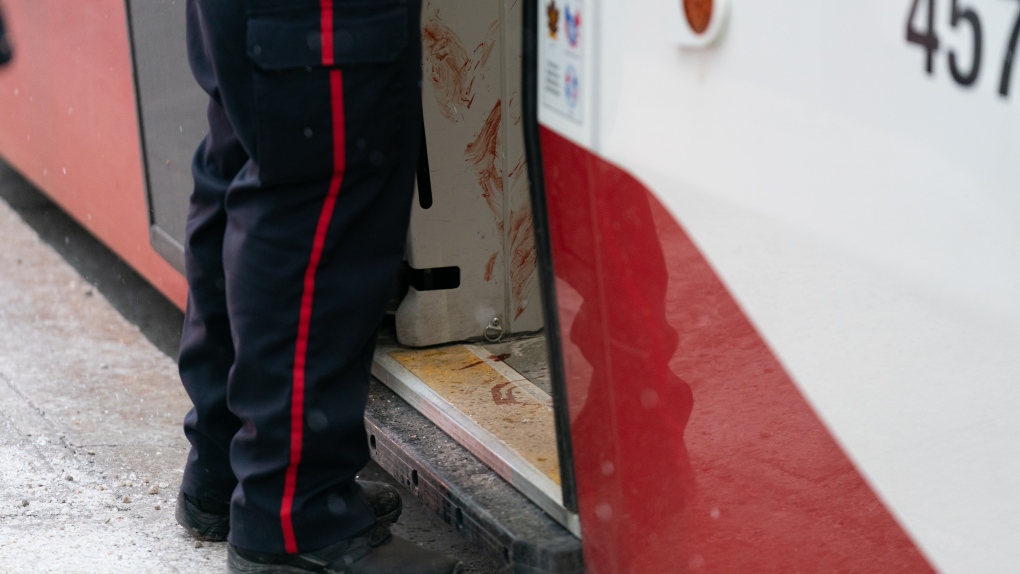nfitz
Superstar
Those aren't taxes. Those are rates. Which of course are going to be much higher where property is cheap.Property taxes are lower in the City of Toronto than surrounding municipalities, and indeed any other major city in Ontario https://www.zoocasa.com/blog/ontario-property-tax-rates-2022/
These really have little meaning, as what municipalities do, is every year, they take the budget, and divide by the tax base, to get the annual rate - which tends to get lower and lower every year (at least before MPAC suspended updated evaluations)
Look at the total property tax paid. Better yet, remove the provincial (education tax) portion. That the province collects more from Toronto residents than almost anywhere else isn't relevant to what municipalities receive.
That being said, of course Toronto taxes should be lower. Taxes are based on the cost of providing service. With less road miles, watermains, sewers, etc. per capita for Toronto than more suburban municipalities, the cost of providing services will be lower. It's simply more structurally efficient.





